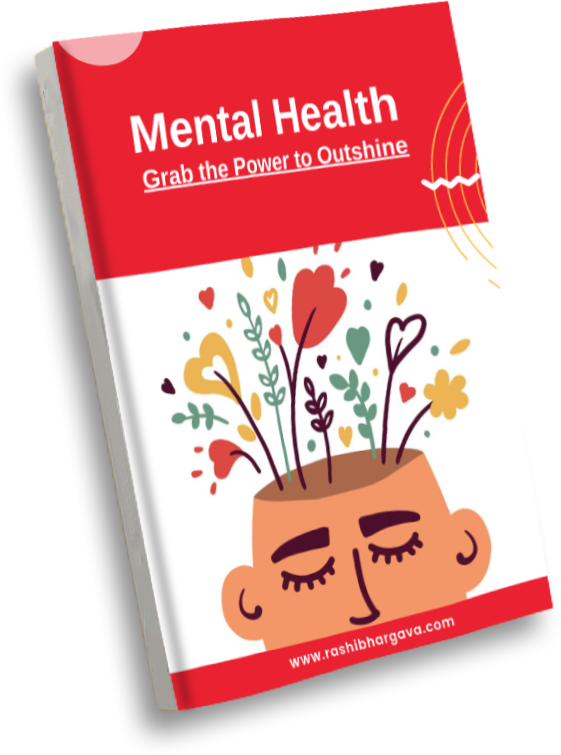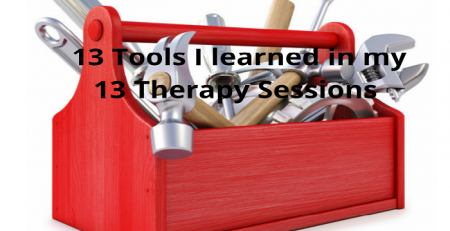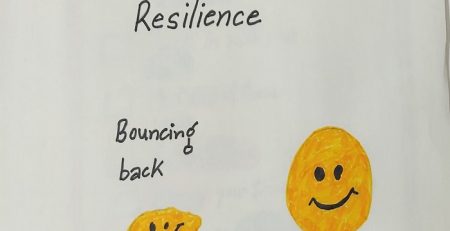Reflection: Why being Assertive is so hard
I am really challenged when it comes to being assertive in my relationships. Learning the ropes from my therapist 🙂 As usual in my last session my therapist raised this again, I thought let me dive deep into this and once for all tackle this. If this part of mine needs to be polished to become a better version of myself, so be it 🙂
Reflection is the best way to come up with a solution to issues you are challenged with. This required me to rewind a bit. During my young adult life, I had always found it very difficult to stand up for myself and express, especially with my folks .I would usually be too scared or in a double mind to respond in a confident way. As a result, I would end up feeling frustrated ,would bottle up my anger or would have occasional outbursts where I would end up throwing things, have shouting matches with my folks.
So how did I become like this? Part culture and part upbringing responsible. In our culture Children are supposed to be seen and not heard. However, in the adult world, we need to make our voices heard.
Being assertive, standing up for yourself and speaking your mind in a clear yet respectful way can be hard. Hard because we have fear or we feel afraid or uncomfortable.
Barriers to being assertive:
- Fear that we will come across as ‘aggressive’
- Fear that we will hurt the other person’s feelings
- Fear of another person’s anger or disapproval
- Guilt about placing our needs first
- Discomfort with asking others to see our preferences as important
- Fear of appearing to be ‘selfish’
- Fear of being rejected or disliked
- · Insecurity in our ability to make good decisions
- · The perception that assertiveness is personality trait rather than a skill we learn
The problem with such beliefs is that they wear down our self-esteem and over time affect negatively our happiness, sense of agency, and even our physical health.
These beliefs result in a vicious cycle. When we repeatedly compromise our needs, we hold ourselves back from practicing and improving our assertiveness skills. This in turn means we don’t experience the positive impact of assertiveness and healthier boundaries.
As I reflect back to my past I realize, I have experienced my wishes not being prioritized or respected and all my young adult life I haven’t known anything different. For a major part of my life I feel I was just carried along by a tidal wave of events rather than steering my life myself. People praise my ability to be highly empathic and generous, yet somehow I always ended up giving more than I received. And deep down, couldn’t help but notice the difference (and inwardly resent it).
Struggling with setting healthy boundaries can indicate low self-esteem or a sense of unworthiness. Deep down, I may really believe I have the right to ask for what I want. My needs may not seem as legitimate or important as other people’s. My folks always treated my elder sister and me like that during our growing up years. I find it far easier to ask other people what they need and spend much of my precious time and energy trying to get it for them. The problem is that I keep adjusting my own desires and needs in order to meet someone else’s, which in the long run is not healthy.
So what have I learned? I have learned that not speaking your mind can lead to anger and resentment building up. It can make you feel powerless and that you are not an equal. And this isn’t good for your mental health. I conjure up situations with my Dad, clients, friends which brings more harm. Assertiveness is an act of self-care and self-compassion.
Key learning: We all deserve to have our say, so keep calm and express yourself. Being assertive is not rude.







Leave a Reply